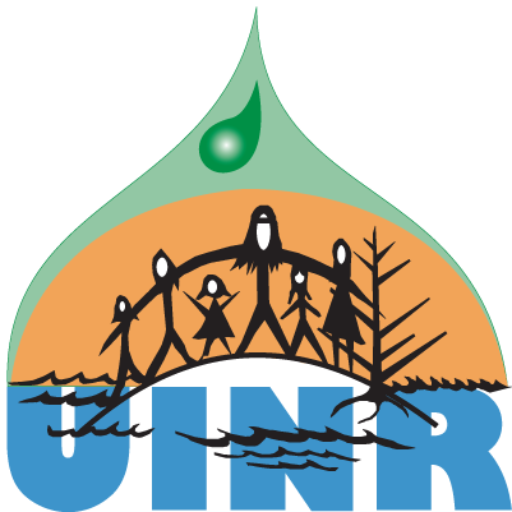 Issues of moose management have been discussed amongst community members at sessions in practically all Mi’kmaq communities in Nova Scotia. Sessions with Indianbrook, Glooscap, and Wagmatcook are planned.
Issues of moose management have been discussed amongst community members at sessions in practically all Mi’kmaq communities in Nova Scotia. Sessions with Indianbrook, Glooscap, and Wagmatcook are planned.
“Information from these sessions are duly noted” Coordinator Clifford Paul explains, “The ability to successfully facilitate discussions on Mi’kmaq moose management shows that Mi’kmaq people take their role as stewards of the resource seriously.”
Through community sessions, hunters, Elders, youth, and concerned residents are proud that the Mi’kmaq are providing positive changes combined with community-based input into the future Mi’kmaq management of the herd. The community-driven process is a vital component in the development of our Mi’kmaq Moose Management Plan. It must be designed so that it doesn’t infringe upon Mi’kmaq treaty and aboriginal rights, or interfere with the integrity of the moose herd. The plan will represent a sustainable balance between these two factors.
Mi’kmaq Natural Resource Officers Hired
As many hunters are aware, increased patrols and an increased Mi’kmaq presence in enforcement have brought significant changes to the Mi’kmaq moose harvest, especially as they pertain to hunter safety.
One of the positive outcomes of the increased patrols is the recognized need for Mi’kmaq Conservation Officers. In fact, Nova Scotia Department of Natural Resources recently hired three Mi’kmaq conservation officers to full-time positions within the department. Congratulations are extended to Conservation Officers Benedict Toney, Waycobah, Bernie Sylliboy, Indianbrook, and Gary Lowe of Milton, on their appointments.
“Our reports have been that when a Mi’kmaq Conservation Officer is involved in dealings with Mi’kmaq hunters,” KMK’s Eric Zscheile observed, “a positive exchange and rapport is achieved. In other words, Mi’kmaq hunters feel more comfortable with Mi’kmaq Conservation Officers.”
clifford@uinr.ca
